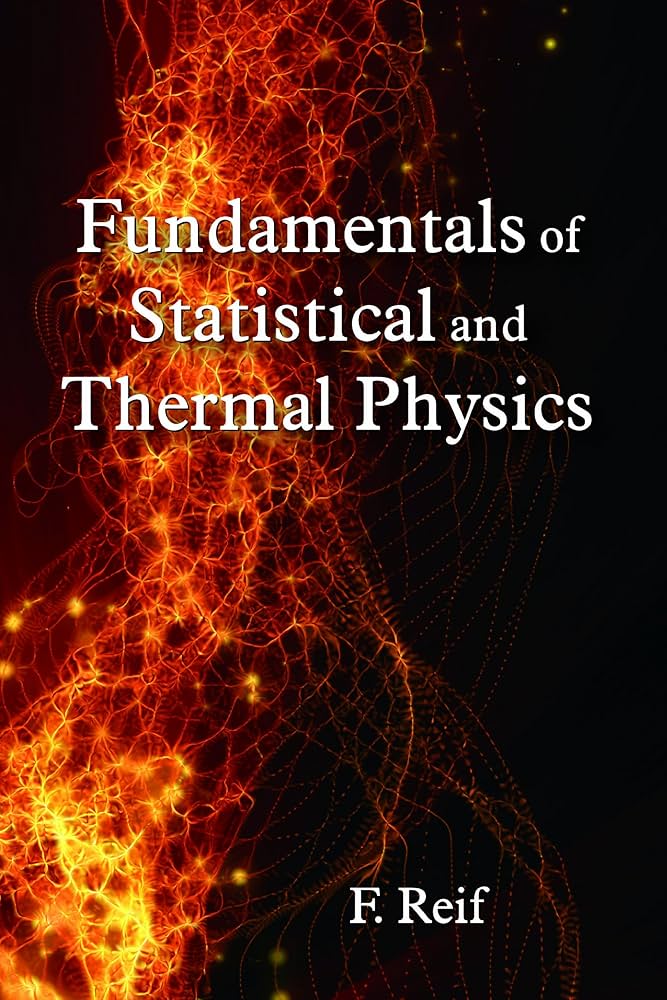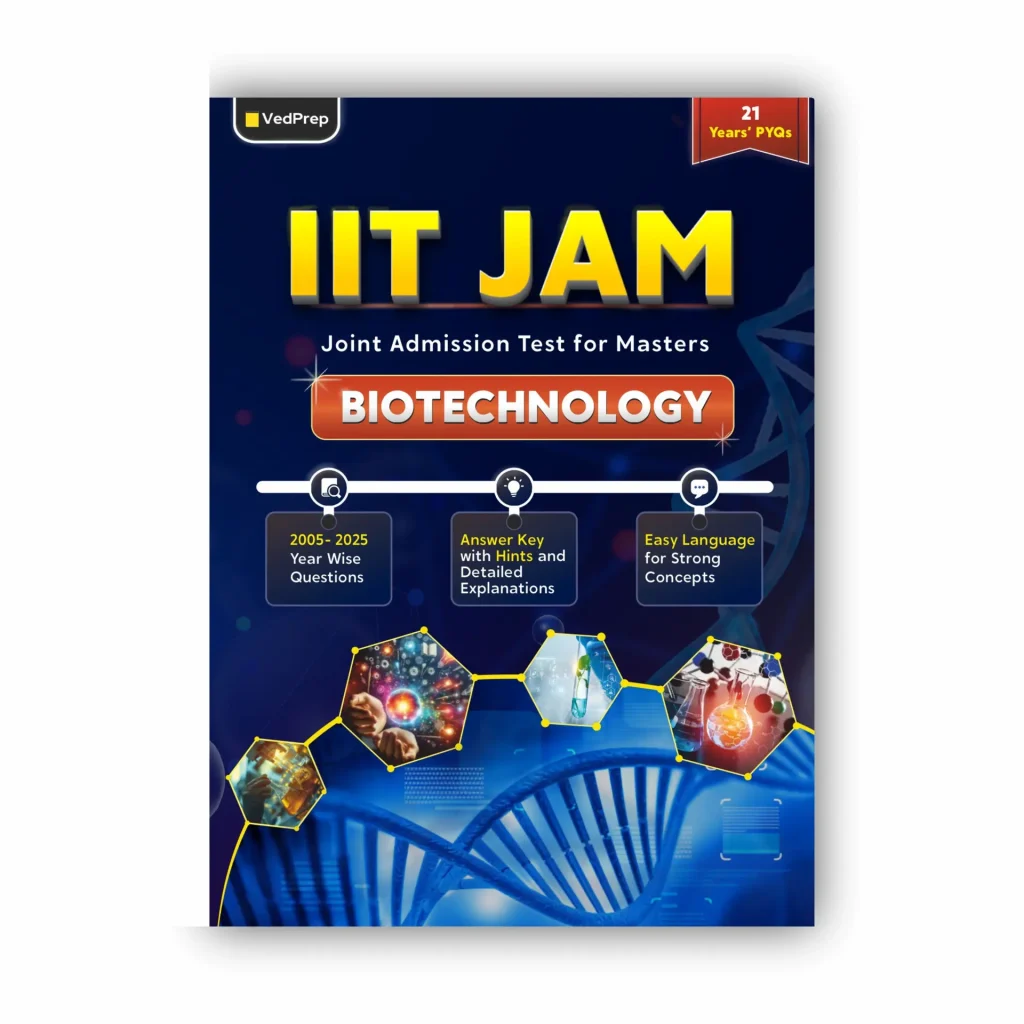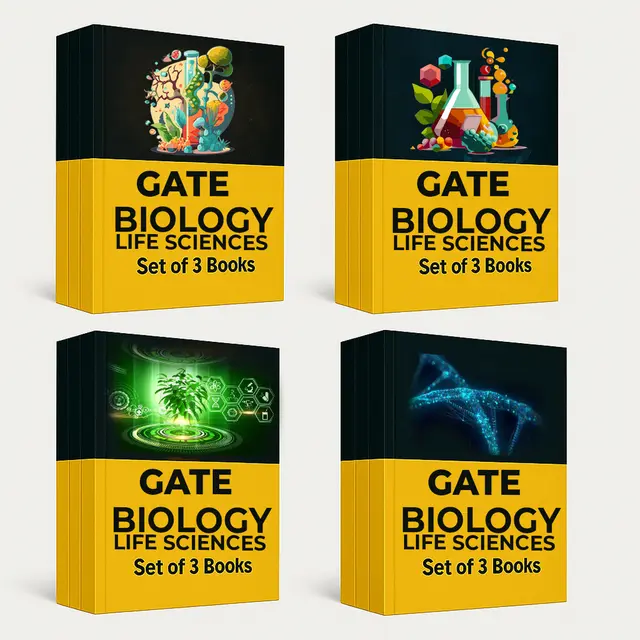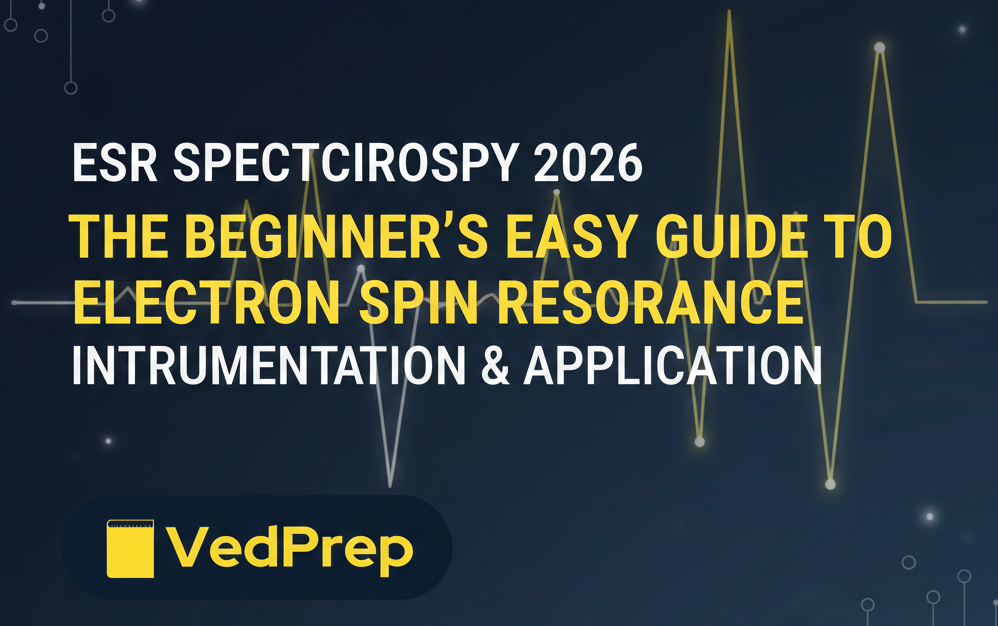The CSIR NET (Council of Scientific and Industrial Research National Eligibility Test) is a national-level examination conducted in India to assess the eligibility of candidates for Junior Research Fellowship (JRF) and Lectureship/Assistant Professor positions, primarily in science and technology fields. The exam is overseen by the National Testing Agency (NTA) and is held twice a year, typically in June and December. The CSIR NET exam will be held in December, with the Date of Examination scheduled for 18th December 2025.
CSIR NET Application Form 2025 for December Session
CSIR NET Exam
The CSIR NET (Council of Scientific and Industrial Research National Eligibility Test) is a national-level competitive examination that evaluates candidates’ knowledge in core scientific disciplines. It is jointly conducted by the CSIR and the University Grants Commission (UGC) to ensure the selection of qualified professionals for teaching and research roles in India. The exam is applicable only to science-based subjects, and successful candidates are eligible for the Junior Research Fellowship (JRF) or can apply for Lectureship (LS)/Assistant Professor positions in recognized universities and colleges. Those who qualify can pursue PhD programs under prestigious government fellowships or start academic careers in reputed institutions across the country.
| CSIR NET Full Form | Council of Scientific & Industrial Research, National Eligibility Test |
| Who conducts the CSIR NET Exam? | National Testing Agency (NTA) |
| Exam type | Computer Based Test (CBT) |
| Opportunities offered | Candidates can apply for Junior Research Fellowship(JRF) and Lectureship |
| Number of questions | 75-150 (Varies according to the subject chosen by the candidates) |
| Total marks | 200 |
| Type of questions | MCQs (Multiple Choice Questions) |
| Exam duration | 3 Hours |
| Eligibility Criteria | Minimum 55% in Bachelor’s Degree |
CSIR NET Full Form
The full form of CSIR NET is “Council of Scientific and Industrial Research National Eligibility Test”. This national-level examination is conducted to determine eligibility for the positions of Junior Research Fellow (JRF) and Assistant Professor (Lectureship) in science and technology disciplines at Indian universities and research institutes.
CSIR-UGC NET December 2025 Exam Schedule
Here are the CSIR NET important dates you should remember:
| Event | Date |
| Application Form Release Date | 25th September 2025 |
| Last Date to Submit Form | 4th October 2025 (up to 11:50 p.m.) |
| Last Date to Pay Application Fee | 4th October 2025 (up to 11:50 p.m.) |
| Correction Window | 27th October 2025 to 29th October 2025 (up to 11:50 p.m.) |
| CSIR NET Exam Dates (December Cycle) | 18th December 2025 |
Make sure to submit your form before the last date to avoid technical glitches or late submissions.
CSIR NET 2025 Eligibility Criteria
CSIR NET 2025 examination is designed to assess the eligibility of candidates for the Junior Research Fellowship, Assistant Professorship, and admission to Ph.D. programs in Indian universities and research institutions. To appear for the CSIR NET 2025, candidates must fulfill specific CSIR NET eligibility criteria based on their academic qualifications, age, and nationality. Below are the key requirements for CSIR NET 2025:
-
Educational Qualification
-
-
- Candidates must have completed a Master’s degree or an equivalent degree in a relevant field from a recognized university or institution. The degrees must be in fields such as Life Sciences, Physical Sciences, Chemical Sciences, Mathematical Sciences, or other subjects as specified in CSIR NET notification.
- Minimum qualifying percentage for CSIR NET 2025 is 55% for General and OBC candidates, and 50% for SC/ST/PWD candidates. It is important to note that this criterion is based on aggregate marks in the Master’s degree or its equivalent.
-
-
Age Limit
-
-
- JRF: Candidates applying for the JRF must not exceed 28 years of age as of the examination year.
- Age relaxations are provided for candidates belonging to reserved categories. The relaxation is 5 years for OBC, SC/ST, and PWD candidates, and 10 years for women candidates.
- Assistant Professorship: There is no upper age limit for candidates applying for the position of Assistant Professor.
-
-
Nationality
-
- All Indian Citizens can apply for CSIR NET.
- Candidates from other countries who wish to undertake research in Indian institutions may also be eligible but the exam will be conducted in India only.
| Criteria | Details |
| Nationality | Indian Citizen |
| Age Limit |
|
| Educational Qualification |
|
CSIR NET 2025 Exam Pattern
CSIR NET 2025 exam pattern is divided into three parts: Part A, Part B, and Part C, and all questions are objective type with multiple-choice options.
- Part A: Common to all subjects, it tests General Aptitude, including logical reasoning, numerical ability, graphical analysis, and puzzles. It carries 2 marks per question with 25% negative marking.
- Part B: This section contains subject-related MCQs from the syllabus. It focuses on conceptual understanding. Marks per question and negative marking vary by subject (e.g., 2 or 3.5 marks).
- Part C: It includes higher-order analytical questions, testing the application of scientific knowledge. Each question carries higher marks (up to 5), and negative marking is generally applied (except in some subjects like Mathematical Sciences).
| Subject | Subject Code | Total Questions | Questions to Attempt | Part A | Part B | Part C |
| Chemical Sciences | 701 | 120 | 75 | 20 questions (attempt 15) | 40 questions (attempt 35) | 60 questions (attempt 25) |
| Earth, Atmospheric, Ocean & Planetary Sciences | 702 | 150 | 75 | 20 questions (attempt 15) | 50 questions (attempt 35) | 80 questions (attempt 25) |
| Life Sciences | 703 | 145 | 75 | 20 questions (attempt 15) | 50 questions (attempt 35) | 75 questions (attempt 25) |
| Mathematical Sciences | 704 | 120 | 60 | 20 questions (attempt 15) | 40 questions (attempt 25) | 60 questions (attempt 20) |
| Physical Sciences | 705 | 75 | 55 | 20 questions (attempt 15) | 25 questions (attempt 20) | 30 questions (attempt 20) |
CSIR NET 2025 Marking Scheme
The CSIR NET 2025 marking scheme varies slightly depending on the subject and section but generally follows this format:
| Subject | Part A (Marks per correct answer) | Part A Negative Marking | Part B (Marks per correct answer) | Part B Negative Marking | Part C (Marks per correct answer) | Part C Negative Marking |
| Chemical Sciences | 2 | 0.5 | 2 | 0.5 | 4 | 1 |
| Physical Sciences | 2 | 0.5 | 3.5 | 0.875 | 5 | 1.75 |
| Mathematical Sciences | 2 | 0.5 | 3 | 0.5 | 4.75 | No negative marking |
| Earth Sciences | 2 | 0.5 | 2 | 0.5 | 4 | 1.32 |
| Life Sciences | 2 | 0.5 | 2 | 0.5 | 4 | 1 |
CSIR NET Subjects List
The official CSIR NET 2025 subjects list consists of five core science subjects, each assigned a unique subject code. Candidates must select their preferred subject based on their postgraduate qualification. The subjects are:
| Subject Code | Subject Name |
| 701 | Chemical Sciences |
| 702 | Earth, Atmospheric, Ocean and Planetary Sciences |
| 703 | Life Sciences |
| 704 | Mathematical Sciences |
| 705 | Physical Sciences |
How to Apply for CSIR NET 2025
To apply for CSIR NET 2025, candidates need to follow the fully online application process as detailed below:
-
Registration
-
Visit the official CSIR NET website: csirnet.nta.ac.in.
-
Click on the link “Joint CSIR-UGC NET DECEMBER – 2025: Click Here to Register/Login.”
-
Select “New Registration” and read the instructions carefully.
-
Provide required details such as name, email, phone number, and complete the identity verification.
-
Verify your email and phone number through OTPs.
-
On successful registration, receive Application Number and Password via email/SMS.
-
-
Fill Application Form
-
Log in with the received credentials.
-
Complete the application form by entering personal details, educational qualifications, category, research experience, subject choice, and exam center preferences.
-
Check all entries carefully before proceeding.
-
-
Upload Documents
-
Upload scanned recent passport-size photograph and signature in JPG/JPEG format.
-
Upload category certificate (if applicable), PwD certificate (if applicable), and Result Awaited Attestation form if applying under this category.
-
File size and format must follow prescribed guidelines (typically photo: 10-200 KB, signature: 4-30 KB, certificates as per instructions).
-
-
Application Fee Payment
-
Pay the application fee online using debit/credit card, net banking, or UPI.
-
Fee structure:
-
General: ₹1150
-
OBC (NCL)/General-EWS: ₹600
-
SC/ST/PwD/Third Gender: ₹325
-
PwD: No fee
-
-
-
Final Submission
-
Verify all filled details and uploaded documents.
-
Click on “Final Submit” to complete the application process.
-
Save/download the confirmation page and fee receipt for future reference.
-

CSIR NET Study Material
Here are some of the CSIR NET best books recommended for CSIR NET 2025 preparation, covering various subjects:
| Subject | Book Title | Author(s) / Details | Description |
| Physical Sciences | Fundamentals of Statistical and Thermal Physics | F. Reif | Clear coverage of modern physics fundamentals |
| Introductory Nuclear Physics | Kenneth S. Krane | Includes solved examples and MCQs | |
| Solid State Physics | Neil W Ashcroft | Well-researched and concise | |
| Introduction to Quantum Mechanics | Griffiths | Deep dive in quantum mechanics | |
| Mathematical Sciences | Foundations of Functional Analysis | S. Ponnusamy | Clear, exhaustive, and problem-intensive |
| CSIR-UGC NET/JRF Mathematical Sciences | Dr. A. Kumar | Simple explanations with model questions | |
| Contemporary Abstract Algebra | N L Carothers | Simplifies complex algebra concepts | |
| Complex Variables and Applications | James Brown & Ruel Churchill | Combines theory and practice problems | |
| Life Sciences | Molecular Biotechnology: Principles & Applications | Bernard J Glick, Jack J. Pasternak, Cheryl L Patten | Essential biotech concepts |
| Plant Physiology | Ross and Salisbury / Taiz and Zeiger | Covers plant physiology comprehensively | |
| Biochemistry | Lubert Stryer, Jeremy M Berg | Fundamental biochemistry concepts | |
| Earth Sciences | Joint CSIR-UGC NET Earth, Atmospheric, Ocean and Planetary Sciences Exam Guide | R. Gupta | Comprehensive study and practice |
| Climatology and Oceanography | D.S Lal | Explains complex theories accessibly | |
| Chemistry | Concise Inorganic Chemistry | J.D. Lee | Inorganic chemistry basics |
| Organic Chemistry | Clayden | Comprehensive organic chemistry | |
| Physical Chemistry | P. Atkins | Covers physical chemistry principles |
CSIR NET Previous Year Questions
Vedprep provides CSIR NET previous year question papers in PDF format for free download. These question papers cover all CSIR NET subjects—Life Sciences, Chemical Sciences, Earth Sciences, Mathematical Sciences, and Physical Sciences. They include detailed papers from prior years along with answer keys and solutions, which help candidates familiarize themselves with exam patterns, question types, and difficulty levels.
| CSIR NET Previous Year Questions Link | |
| CSIR NET Life Sciences | Click Here |
| CSIR NET Physical Sciences | Click Here |
| CSIR NET Earth Sciences | Click Here |
| CSIR NET Chemical Sciences | Click Here |
| CSIR NET Mathematical Sciences | Click Here |
CSIR NET Previous Year Questions Link
CSIR NET Admit Card 2025
The CSIR NET Admit Card 2025 will be released separately for the June and December sessions by the National Testing Agency (NTA). Candidates can download their admit cards from the official website by entering their application number and date of birth. The admit card includes important details such as exam date, time, venue, and candidate information. It is mandatory to carry a printed copy of the CSIR NET admit card to the examination center, along with a valid photo ID proof.
CSIR NET 2025 Syllabus
The CSIR NET 2025 syllabus focuses on evaluating candidates’ subject knowledge, conceptual understanding, and analytical ability in core scientific fields. The exam consists of three parts—Part A, Part B, and Part C—which together assess general aptitude, subject-specific knowledge, and problem-solving skills.
1. Part A – General Aptitude
This section is common to all subjects and tests candidates on logical reasoning, graphical analysis, analytical and numerical ability, quantitative comparison, series formation, and general awareness.
2. Part B – Subject-Related Questions
Part B includes subject-specific questions covering the core topics from the candidate’s chosen discipline. These questions are generally based on the syllabus of undergraduate and postgraduate levels of the respective subject.
3. Part C – Higher-Level Analytical Questions
This section contains higher-order questions designed to test the candidate’s scientific knowledge, application of concepts, and ability to solve research-oriented problems. Below is the subject-wise syllabus overview for CSIR NET 2025:
| Subject | Major Topics Covered |
| Chemical Sciences | Inorganic Chemistry, Organic Chemistry, Physical Chemistry, Interdisciplinary topics, Analytical Chemistry |
| Earth, Atmospheric, Ocean & Planetary Sciences | Earth structure and composition, Geophysics, Oceanography, Meteorology, Environmental Earth Science, Planetary Science |
| Life Sciences | Molecules and their Interaction, Cellular Organization, Fundamental Processes, System Physiology (Plant & Animal), Inheritance Biology, Diversity of Life Forms, Ecology, Evolution, Applied Biology |
| Mathematical Sciences | Linear Algebra, Calculus, Differential Equations, Real Analysis, Complex Analysis, Numerical Analysis, Probability, Statistics, Topology, and Ordinary Differential Equations |
| Physical Sciences | Mathematical Methods, Classical Mechanics, Electromagnetic Theory, Quantum Mechanics, Thermodynamics, Statistical Physics, Electronics, and Atomic & Molecular Physics |
How to Prepare for CSIR NET Effective Strategy for 2025
Preparing effectively for the CSIR NET 2025 requires a well-planned strategy, consistent effort, and conceptual clarity. Candidates should begin by understanding the complete syllabus and exam pattern of their chosen subject. Creating a realistic study schedule with equal focus on all three sections—Part A (Aptitude), Part B (Core Subject), and Part C (Analytical Questions)—is crucial.
-
Understand the complete syllabus and exam pattern thoroughly for the chosen subject to prioritize high-weightage topics.
-
Break the syllabus into weekly study modules to ensure complete coverage and multiple revisions before the exam.
-
Build strong conceptual clarity in Parts B and C through standard textbooks and CSIR NET notes, focusing on formulas, experiments, and derivations.
-
Practice Part A (General Aptitude) regularly to improve reasoning, numerical ability, and problem-solving speed.
-
Solve previous years’ question papers and mock tests frequently to improve accuracy, speed, and time management.
-
Maintain a mistake log to identify weak areas and revisit concepts to avoid repeating errors.
-
Create concise revision notes and formula sheets for quick daily revision during the final weeks.
-
Manage time effectively during the exam—attempt easier questions first and avoid guesswork due to negative marking.
CSIR NET 2025 FAQs
Can I Crack the CSIR NET in One Month?
Yes ofcourse if you already have some background knowledge and can study 6 to 10 focused hours daily, you can prepare effectively in one month with the right strategy.
How many hours should I study daily for the CSIR NET Exam in one month?
You should aim for 6 - 10 hours of focused study every day, depending on your current level of preparation & subject familiarity.
Which topics should I focus on more for the CSIR NET Exam?
Focus on high weightage topics from your subject area and strengthen your general aptitude for Paper one. Check past papers to identify repeated themes.
Is Paper I of the CSIR NET Exam important?
Yes, Paper I carries 100 marks and tests your reasoning, comprehension & teaching aptitude, which play a key role in overall qualification.
Should I solve previous year papers for CSIR NET Exam?
Absolutely yes. Solving previous year papers is crucial for understanding the exam pattern, improving speed, and identifying weak areas.








![Joint CSIR-UGC (NET) Earth, Atmospheric, Ocean and Planetary Sciences Exam Guide (Part B & C) [eBook] eBook : Dr. Surendra Kumar & RPH Editorial Board: Amazon.in: Kindle Store](https://m.media-amazon.com/images/I/81I5cC3kphL._UF1000,1000_QL80_.jpg)





